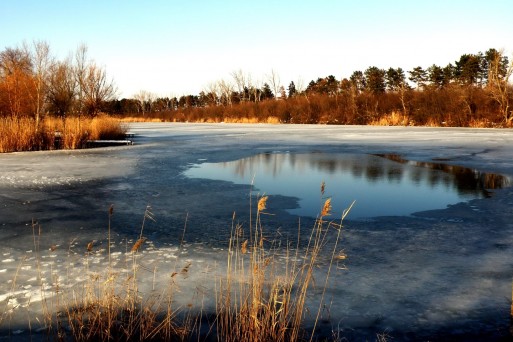JOINTISZA - Stakeholder’s Meeting in Serbia
11-05-2018

Since the first meeting of stakeholders held in Serbia, the representatives from The Institute for Nature Conservation in Vojvodina showed a great interest and willingness to participate actively in the JOINTISZA project. Reasons for this kind of interest are numerous, but the most important fact is that the expert team from the Institute (under the supervision of Mrs Natasa Pil and Mrs Jelena Stanisic) with 22 associates, made a Proposal for protection as II category of protected area. The title of this proposal is Special Reserve of Nature "Tributaries of the Lower Tisza". The medium-term program to protect natural resources for the period 2011-2020, planned to complete work on the valorization of natural values for Lower Tisza and making appropriate studies in identifying areas to be protected. Multidisciplinary field research on wetlands started in 2008 and finished in 2012. The complete study, for now only on Serbian, can be accessed here.
At the meeting held on 13/02/2018, representatives of the Institute were able to express comments on the status quo, keeping in mind the aspect of environmental protection in the Lower Tisza. They highlighted issues related to non-compliance with the regulations, policies and general practices, bearing in mind the different interests of the opposing sides (for example water management company / environmental protection institute). Lack of a Natural Hazard Database, may represent a new measure in innovated Integrated River Basin Management Plan of Tisza. Also, another issue is the Importance of Flow of Information/ Access to information. Effective decision-making requires more than good governance structures; it requires strong up-to-date information flows and integrated relationship between all stakeholders. The flow of information from researchers to policymakers is important in developing the most up-to-date relevant policies supported by scientific data. Such information must reach a larger audience to ensure that citizens are aware of the issues and can hold their governments accountable. Special review of the challenge of climate change and accordingly measures as the necessity of changing social consciousness in the direction of strengthening partnership with nature.
Degraded ecosystems are not capable of providing many services which are crucial for human life. The maintenance, restoration, and sustainable use of ecosystems, therefore, form the basis of "nature-based-approaches" to climate change mitigation and adaptation.
One of the most significant gaps in Serbia is also the non-compliance with the following spatial plans:
- Spatial Plan of the Republic of Serbia;
- Regional Spatial Plan;
- Spatial Plan of the Local Self-Government Unit; and
- Spatial plan of special purpose area.
